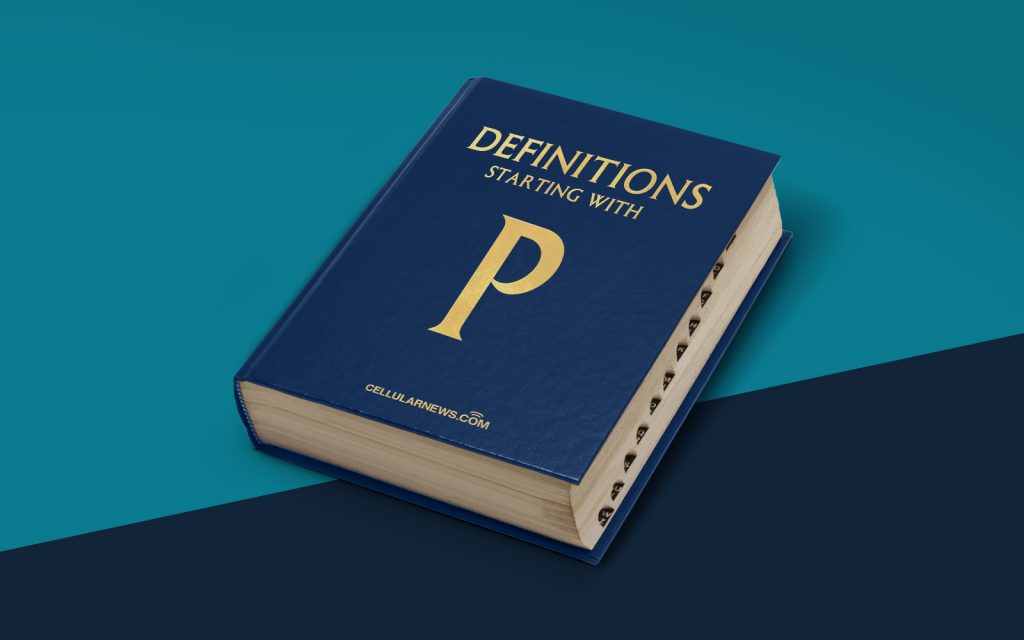
Understanding the Proteus Effect: Shaping Identities in a Virtual World
Greetings, fellow digital explorers! Welcome to another fascinating entry in our Definitions series. Today, we dive deep into the captivating concept of the Proteus Effect. So, what is the Proteus Effect, you may ask? Allow me to enlighten you!
The Proteus Effect refers to the phenomenon where individuals are influenced by their digital avatars and the virtual environments they inhabit. Just like the shape-shifting Greek sea god Proteus, this effect suggests that our identities and behaviors can be molded and transformed within the virtual realm. This powerful psychological concept has far-reaching implications, and understanding it can provide valuable insights into our online experiences.
Key Takeaways:
- The Proteus Effect explores how our virtual identity affects our behavior.
- Virtual environments and avatars have the power to shape our perceptions and actions.
Now, let’s delve deeper into this captivating phenomenon and uncover its implications:
Breaking Down the Proteus Effect
1. The Power of Perception: Virtual environments have the extraordinary ability to influence how we perceive ourselves and others. When we don a digital identity, our behavior often aligns with the qualities and characteristics of that avatar. For example, research shows that individuals who embody more attractive avatars tend to display more confidence and outgoing behavior in virtual communities.
2. The Impact of Stereotypes: The Proteus Effect also sheds light on the role of stereotypes in shaping online behavior. Studies have revealed that when people adopt the identity of a specific social group through their digital avatars, they may inadvertently reinforce the associated stereotypes in their actions, attitudes, and interactions within the virtual world.
3. Achievement and Virtuous Cycles: Another fascinating aspect of the Proteus Effect lies in its ability to create virtuous cycles. Experiments have demonstrated that embodying powerful and successful avatars leads to increased confidence and ambition, and subsequently enhances real-world performance. This phenomenon paves the way for new possibilities in self-improvement and self-enhancement through our virtual alter egos.
4. Ethical Considerations: As with any technological advancement, the Proteus Effect raises ethical questions. Should we allow virtual experiences to shape our behavior? How much control do we have over our virtual identities, and could they be manipulated for malicious purposes? These are crucial questions that both researchers and society must grapple with as we embrace the ever-evolving digital landscape.
In Conclusion
The Proteus Effect offers a fascinating glimpse into the intricate relationship between our digital identities and behavior. As we navigate the vast expanse of virtual worlds, it is crucial to remain aware of the potential impact and influence these identities can have on our perceptions, actions, and even real-world achievements. By understanding and harnessing the power of the Proteus Effect, we can unlock new avenues for personal growth and navigate the digital realm with greater mindfulness and empowerment.
